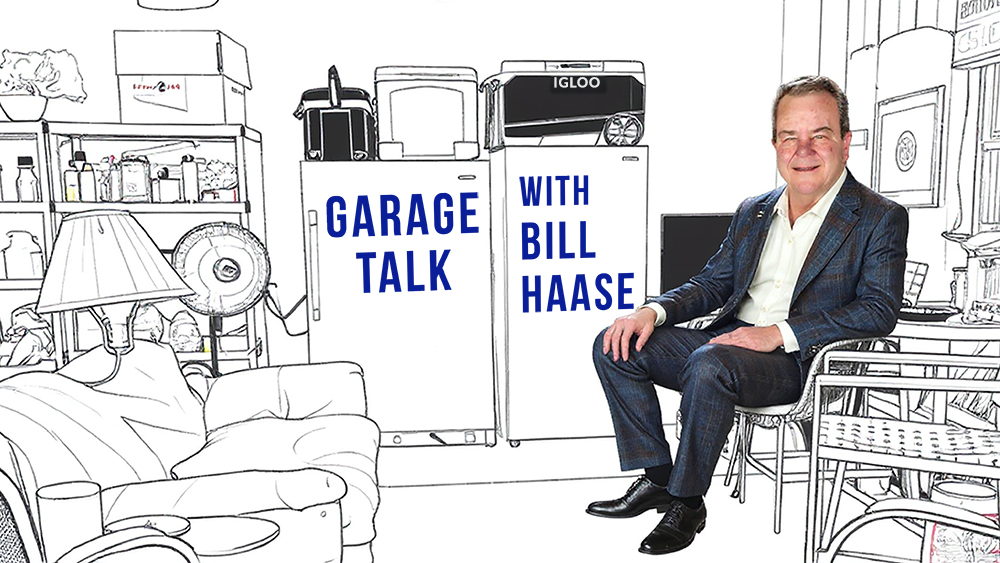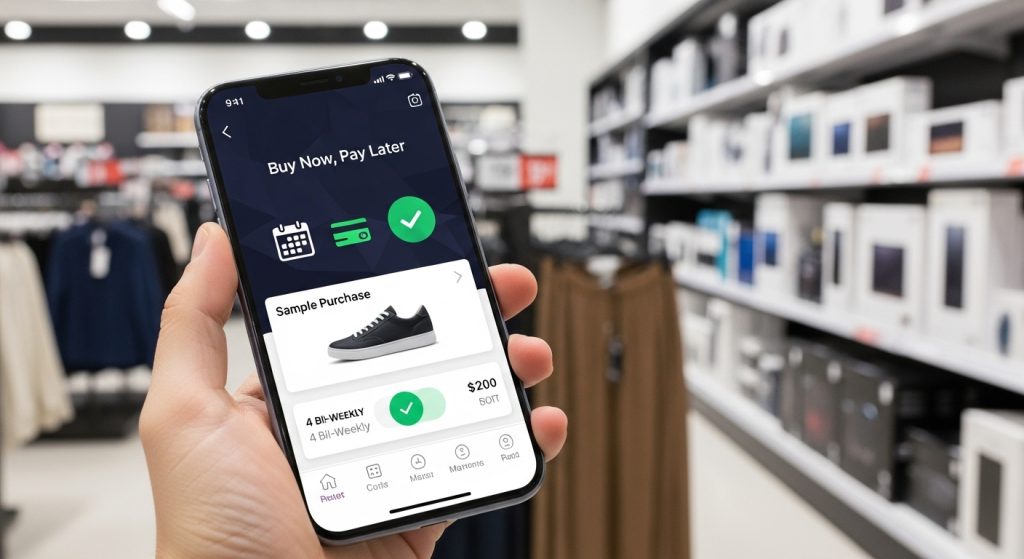MONEY MINDSET MISSION
2008? AGAIN?

The article sounded an alarm about the average cost of new cars being very close to $50,000.00 with about 20% of loans on those vehicles costing over $1,000.00 per month. This is leading to higher default rates as it cuts deeply into our monthly expenses. In my book I discuss how many tend to spend their money on things that make us look and feel like we’re better off than we really are. We love to be perceived as living a wealthier and highly successful life.

Average car purchase at the highest ever, interest rates for credit cards at the highest ever, credit card debt the highest ever, and defaults growing should sound an alarm to all of us to take greater control of how we spend our money.
Add to this the record high credit card debt (and rising), at the highest interest rates ever, with increasing defaults, and we’ve got a risky economic situation. Ok, as I write this, the Federal Reserve latest decision was to lower the interest rate by a quarter point. How will that affect you? The short answer is not much, as I doubt you’ll feel anything personally. But it does help some with the lowering of rates for cars, homes, new loans, credit cards, government borrowing, and businesses with the idea being that it should help provide jobs as they earn greater profits and put that money back into the business.
But wait, there’s a new way for you to spend money now, it’s called Buy Now, Pay Later, or BNPL. You’ve heard of it as it originally started as a new way to get a loan that wouldn’t affect your credit score or rating (so you thought). So, how does it work? It’s a short-term loan, often interest-free for up to six weeks, that may be split into four payments with ties to auto-withdrawal from your bank account. But be careful because if you’re short funds in your bank account during this time frame, it will cause overdraft fees. These “loans” are promoted as a flexible alternative to credit cards. Hmmm, if it walks like a duck…
And here’s the kicker, one gets instant approval with no credit check! How great is that. I can now impulsively make purchases without any out-of-pocket expense. Read the fine print. And how easy is it to stack these types of loans that can lead to financial ruin?
Since the inception of BNPL’s we are seeing an increase in late payments as more loans are being created, and we have also learned that FICO is launching new credit scoring models that include your BNPL history. So, they’re no longer outside the ability to affect your credit score. Experts will tell us that more people are using credit to fund basic living expenses, and that simply will put us in a more challenging role in trying to make ends meet.

There is a good side to these loans in that it can help with cash flow if used wisely, and by that I mean used for planned purchases, not everyday purchases like groceries or gas. If you’re going to use this type of loan, the best practice is to not take out a second one until the first one is paid off.
Look, the only differences between BNPL’s and credit cards are the amount of time to pay it off and the interest rate, if paid off on time. It’s simply a new way to get people to spend more money than they might otherwise. It’s up to you how you spend your money, but the more you learn of the ways on how the credit world works to separate you from your hard-earned money, the better decisions you’ll make. It’s entirely up to you whether money controls you, or you take control of it. It is my calling to help you understand the difference.
One last note: my audiobook is now out for those of you who have been asking for it. You can go to;
I’m off to Buffalo and Toronto for book signings this week. If you’re close by, please reach out to arrange a meeting so I can learn about your financial journey.
Wishing you financial freedom,
Bill Haase
OUR MINDSET ON MONEY
It’s Easy to Control, So Why Don’t We?
Money controls most of us, and I’ve been wondering why we let this happen. This book dives into how we can gain control of our money and therefore enjoy more of what life really has to offer. It is not about what to do with each and every dollar we make as it is more about our relationship with it. Money affects us from birth to death and yet we’re taught that it’s taboo to talk about it. And therein lies the rub, if you aren’t supposed to discuss it then how are you ever going to learn about it and take control? In these pages you’ll learn about the many financial challenges that you will face at some point in life, and you’ll be better off knowing what to expect and how you can then choose to deal with it. In other words, how to take control.

There’s an old saying I believe in that states “If you want to understand what’s going on, then just follow the money.” Problem is, most of us can’t.
It’s not your fault, we’re not supposed to talk about it, and we’re not taught anything in school and rarely at home. As a financial advisor I learned that most spouses rarely talk about two things, money and sex. When I’m in front of groups I would say that I’m here to help you with one of those. But the reality is that if spouses aren’t talking about money, they certainly aren’t talking to their children about it.







